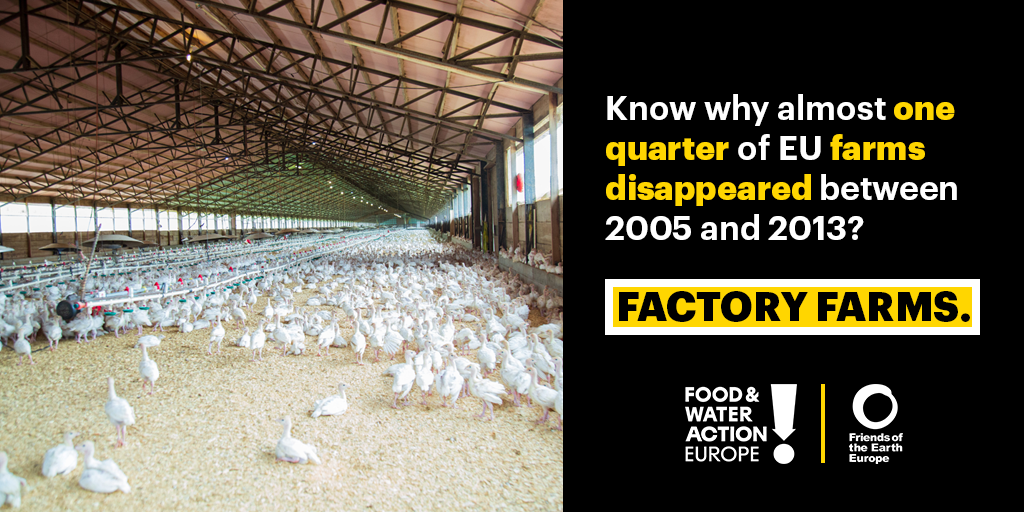Environmental groups ask Flemish Environment Minister and Regions4 Climate Network’s Vice-President to reject permit for Ineos Project One
Brussels, 15 October 2020
A new expansion plan championed by petrochemical company Ineos, which would further deepen the environmentally disastrous connection between the plastics industry and the US fracking boom, is drawing international opposition.
In 2016, Ineos – the largest ethylene producer in Europe – began importing fracked US ethane to Europe to turn into plastics at its facilities in the UK and Norway. The company now wants to invest €3billion to build a new ethane ‘cracker’ and a propylene producing propane dehydrogenation (PDH) plant in the Port of Antwerp.
Despite fierce opposition from local groups, the Flemish administration gave a positive opinion for the environmental permit, giving the green light for the commencement of the project, including the deforestation of an area of 50-55 hectares. Flemish Minister of the Environment Zuhal Demir – who is the Vice-President for Europe by the climate and biodiversity network Regions4 – has until the end of October to ratify the advice.
An open letter signed by nearly 70 international groups, NGOs, networks and associations – which include Food & Water Action Europe, #BreakFreeFromPlastic, the Rethink Plastic alliance, Friends of the Earth Europe, Ireland and Scotland, Fractracker Alliance, UK Youth Climate Coalition, Zero Waste Europe, Carbon Market Watch, Physicians for Social Responsibility Pennsylvania and members of the #IneosWillFall campaign – urge Demir to object to the current deforestation request as well as the PDH plant and ethane cracker.
The letter refers to the ambitions of the Regions4 network to fight climate change and biodiversity loss at the global level, and highlights the negative climate and environmental impacts of fracking and plastic production. It emphasises the need to take cumulative and transboundary climate and environmental effects into account, paying attention to the significant full lifecycle emissions along the supply chain. The signatories also refer to the ongoing unsolved plastic pellet pollution in protected Ramsar and Natura 2000 sites, and demand that no deforestation be allowed before any permitting decisions will be made on the ethane cracker and the PDH unit.
“Apart from the fact that Ineos relies on climate hostile fracked US gas for their plans, we also see a clear breach of the existing Natura 2000 legislation that must be addressed”, says Andy Gheorghiu, policy advisor and campaigner for Brussels based NGO Food & Water Action Europe.
Delphine Lévi Alvarès, Rethink Plastic alliance coordinator adds: “The European Union aims at being an international climate and environmental champion by tackling global warming and toxic plastic pollution and has set itself high targets to achieve this. Allowing this project to go ahead would take the EU, and particularly Belgium, a big step backwards from its energy and climate targets and the goals of the Paris Agreement.”
“Ineos is a climate and environmental disaster — benefiting from fracking in the U.S. while attempting to bring the dangerous practice to the United Kingdom and mainland Europe to produce more plastic waste,” says Sarah Moyes, plastic and circular economy campaigner at Friends of the Earth Scotland. “This company’s plans have been, and will be, met with a passionate, committed grassroots movement on both sides of the Atlantic.”
“The #BreakFreeFromPlastic movement brings nearly 1,900 organisations around the world together to fight plastic pollution. The #Fracking4Plastics business of INEOS is fuelling the climate and plastic crisis, but together we can put a stop to their practices and expansion plans,” concludes Von Hernandez, global coordinator of Break Free From Plastic.
Link to letter
International Objection (EN) – August 2019
International Objection (NL) – August 2019
Contacts:
Andy Gheorghiu, Policy advisor and Campaigner, Food & Water Action Europe,
email: [email protected], mobile: +49 160 20 30 974
Delphine Lévi Alvarès, Rethink Plastic Alliance Coordinator,
email: [email protected]
Sarah Moyes, Plastic and Circular Economy Campaigner, Friends of the Earth Scotland
email: [email protected]
Von Hernandez, Global Coordinator of Break Free From Plastic
email: [email protected]



